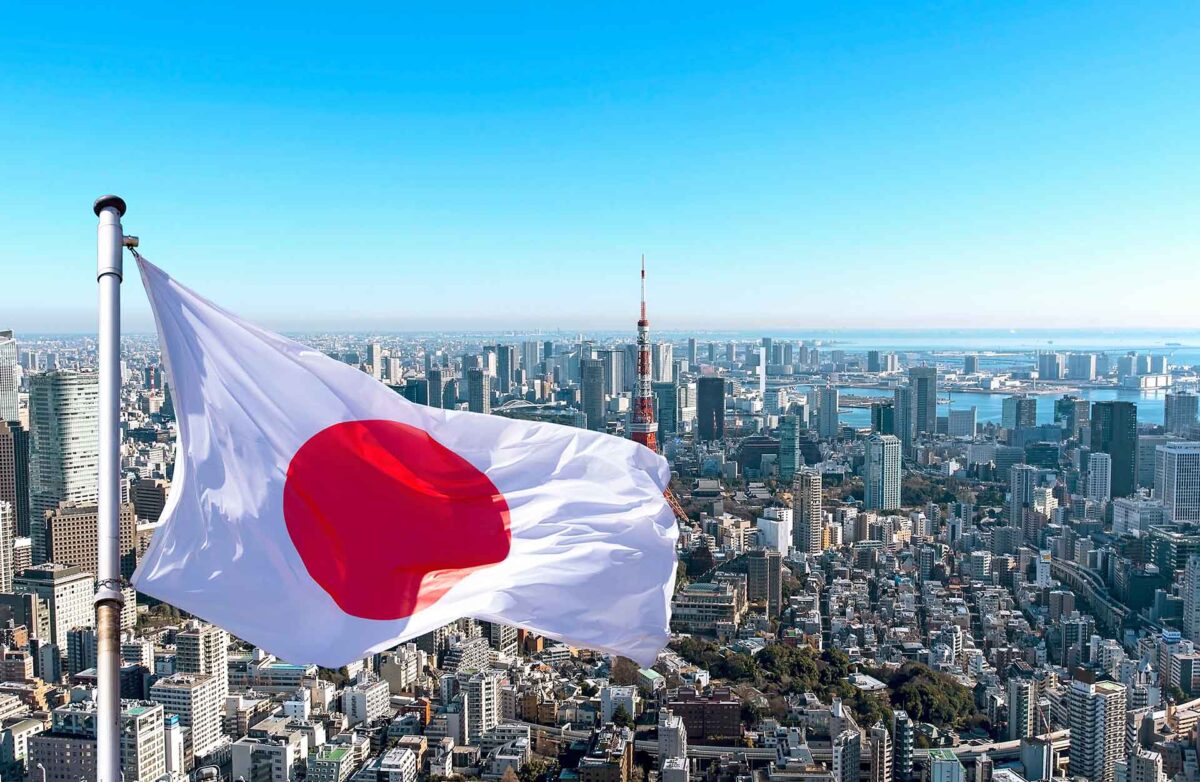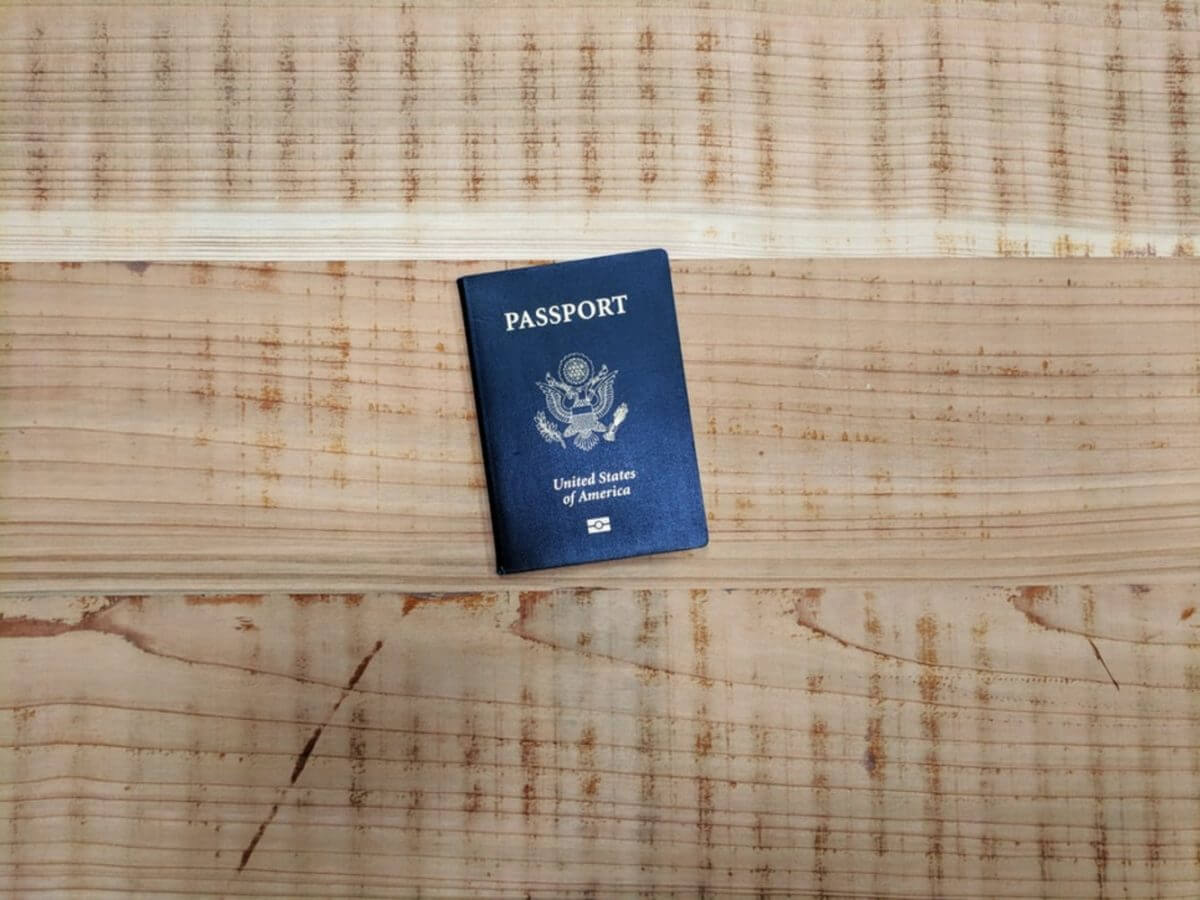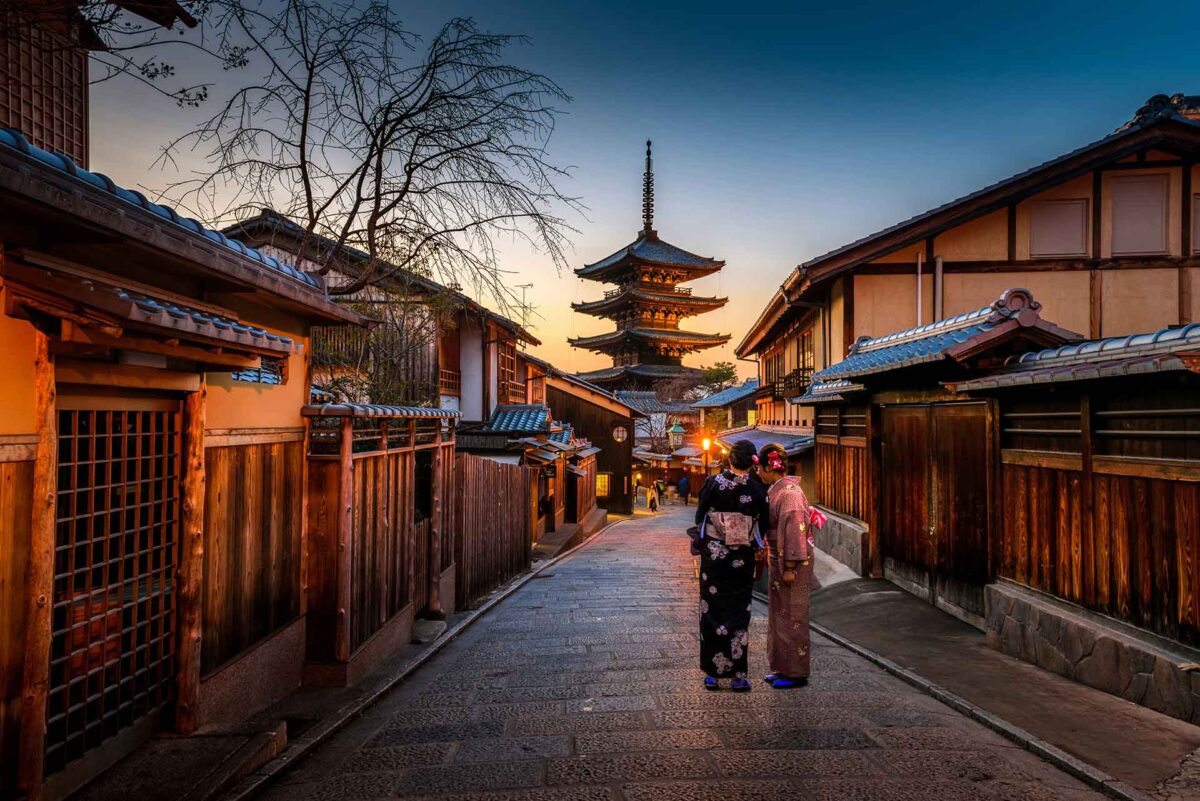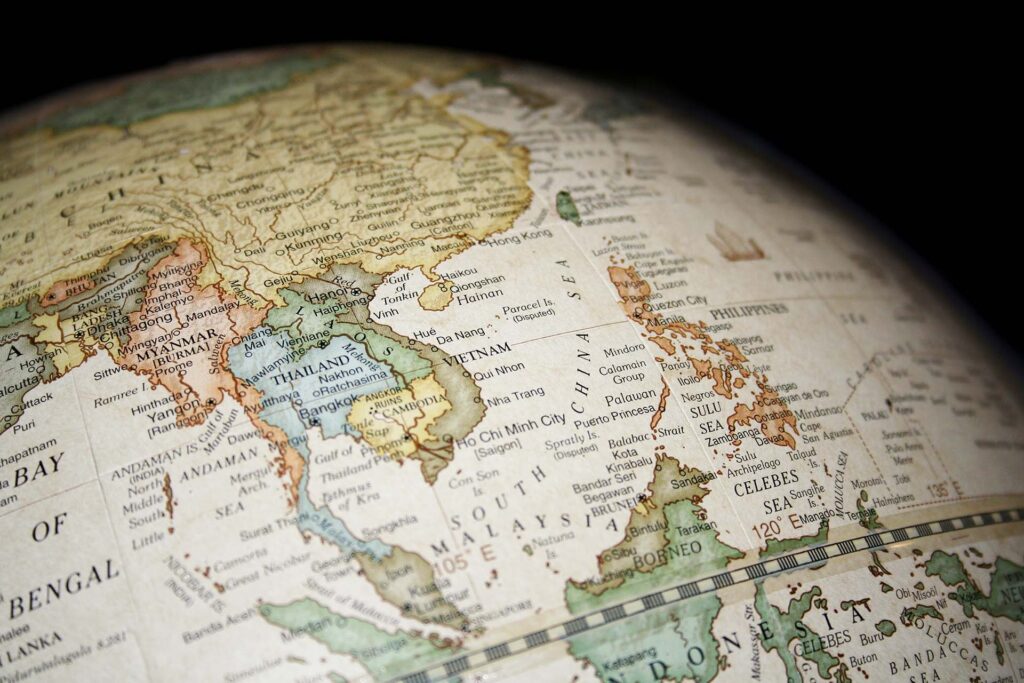Embarking on the journey of moving to Japan from the US requires meticulous planning and understanding of the culture, costs, and logistics involved. Whether you’re relocating for work, study, or a fresh start, this complete guide is here to help you explore the country and immerse yourself in the rich Japanese culture.


What Americans Moving to Japan Need to Know About This Country?
Immigrating to Japan from the US with the help of your chosen overseas moving company means stepping into a world where tradition and modernity intertwine in the most fascinating ways. Japan is a country that values respect, punctuality, and harmony, aspects deeply ingrained in its culture. Understanding and adjusting to your new country is crucial for a smooth transition and an efficient move.
The language barrier is another consideration when moving abroad, as English is not widely spoken outside major tourist areas, making basic Japanese language skills essential. Japan’s healthcare system is efficient and accessible, but navigating it requires knowledge of the insurance system. Lastly, the country’s unique seasons, from cherry blossoms to snow festivals, offer a rich tapestry of experiences for newcomers to explore and appreciate.
Necessary Documents for Relocating to Japan
Moving to Japan as an American necessitates a comprehensive set of important documents to ensure a lawful and smooth transition. Key documents include a valid passport, a visa specific to your purpose of stay (for example – work, student, or spouse visa), and a Certificate of Eligibility (COE), which is often facilitated by your employer or sponsoring institution in Japan. It’s also wise to have your birth certificate and a record of employment or a letter of invitation from a Japanese company, depending on your visa type.
How Can Expats Get Permanent Residency and Citizenship?
Expats can apply for permanent residency in Japan after living there for a continuous period, typically ten years, demonstrating financial stability, moral conduct, and a commitment to Japanese society. Permanent residency applications require documentation proving employment, income, tax payments, and community integration.
Citizenship, a step further, necessitates renouncing your original nationality, as Japan does not typically allow dual citizenship. The process involves an extensive application, including a written test, interviews, and proof of assimilation into Japanese culture and society.


The Cities Expats Should Consider Settling In
Japan offers a diverse range of cities for expat communities, each with its unique charm, lifestyle, and opportunities. While Tokyo often captures the spotlight, there are other cities that provide equally enriching experiences with their distinct mix of culture, history, and modernity. Here are three cities that stand out as excellent choices for expats considering making Japan their new home.
As the capital city, Tokyo is the epitome of Japanese innovation and tradition. It’s a bustling metropolis where skyscrapers and ancient temples coexist. Expats are drawn to Tokyo for its vast job opportunities. The city’s extensive public transportation system makes navigating this vast city surprisingly manageable.
Tokyo’s diverse neighborhoods offer something for every lifestyle, from the electric buzz of Shibuya to the serene elegance of Meguro. Despite its high cost of living, the city’s quality of life, safety, and cultural experiences make it a top choice for many when choosing a new city.
Osaka, known for its outgoing residents and exquisite food scene, is a vibrant city with a strong commercial background. It’s less expensive than Tokyo and offers a more laid-back lifestyle while still providing ample employment opportunities. Expats appreciate the city’s rich history, seen in landmarks like Osaka Castle and its modern attractions, including Universal Studios Japan. Osaka’s food culture, highlighted by local specialties such as takoyaki and okonomiyaki, makes it a paradise for food lovers.
Kyoto, the ancient capital of Japan, is perfect for those seeking a deeper connection with Japanese history and culture. It’s a city where traditional tea houses, centuries-old temples, and stunning gardens are part of daily life. Expats in Kyoto enjoy a slower pace of life, with opportunities to engage in cultural practices like tea ceremonies and ikebana (flower arranging). Living in Kyoto provides a unique experience of seasonal beauty, from cherry blossoms in spring to autumn leaves in fall, making it a serene choice for expats.
The Cost of Living – What Are Housing and Living Costs Like?
The cost of living in Japan varies significantly depending on the city and lifestyle choices. Tokyo, one of the most expensive cities in the world, has high housing costs, with compact apartments in central areas commanding premium prices. However, moving further from the city center or considering other cities like Fukuoka or Sapporo can offer more affordable living for those relocating on a lower budget – of course, without sacrificing quality of life.
Utilities and transportation are relatively expensive, but efficient public transit systems can mitigate transportation expenses. Groceries and dining out costs can vary – while local markets offer reasonable prices, imported goods and eating at restaurants frequently can quickly add to monthly expenses. Overall, careful budgeting and lifestyle adjustments can make living in Japan financially manageable.


Healthcare Options – What Kind of Coverage Can You Have as an Expat?
Japan boasts a high-quality healthcare system accessible to both citizens and expatriates. All residents, including expats, are required to enroll in the National Health Insurance (NHI) or the Employees’ Health Insurance, depending on their employment status. This system covers 70% to 80% of most medical costs, including consultations, prescriptions, and hospitalization, making healthcare affordable.
Private health insurance is also available and can cover the remaining costs not covered by the public insurance or provide additional benefits. The healthcare system is renowned for its efficiency, advanced treatments, and availability of medical facilities, ensuring expats have access to excellent healthcare services after moving overseas.
Job Opportunities – What Can Expats Expect?
Expatriates looking to find a new job in Japan can anticipate a range of job opportunities, particularly in sectors like technology, engineering, finance, and education (especially English teaching). The demand for skilled foreign workers in IT and specialized fields is growing, thanks to initiatives aimed at boosting Japan’s global competitiveness. Proficiency in the Japanese language can significantly enhance job prospects and integration into the workplace, as many companies value communication skills alongside professional expertise.
Additionally, Japan’s strong culture of respect and teamwork in the business environment offers a unique professional experience. Networking and building relationships (known as “Kizuna”) are crucial for career advancement. While finding a job abroad may come with its challenges, the effort can lead to rewarding career opportunities and personal growth.


Education System and Opportunities for Americans in Japan
The Japanese education system is renowned for its high standards, discipline, and academic excellence. There are several educational options for expats relocating with children, including local Japanese schools, international schools, and American schools located in major cities like Tokyo and Yokohama.
International and American schools offer curricula in English, often following the American educational model, making them popular choices for expatriate families. These schools provide a multicultural environment where students from diverse backgrounds can learn and grow. For higher education, universities in Japan offer various programs in English, catering to international students.
Additionally, scholarship opportunities, such as the Monbukagakusho (MEXT) scholarship, are available to support foreign students wishing to study in Japan. This blend of educational opportunities allows American expatriates to access quality education while living overseas and experiencing Japan’s rich cultural heritage.


Ins and Outs of the Japanese Culture You Should Learn
Japanese culture is a rich tapestry of ancient traditions and modernity. Respect and politeness are the cornerstones of social interaction, deeply ingrained in Japanese etiquette. The concept of “wa” (harmony) emphasizes the importance of group cohesion and avoiding conflict. Understanding these cultural nuances is vital for anyone planning to move overseas and live in Japan, as it facilitates smoother integration into society and fosters respectful relationships.
Customs and Traditions You Should Learn Before Relocating
Understanding the country’s customs and traditions is essential for anyone looking to immerse themselves fully in its culture – and avoid culture shock. These practices are more than just rituals – they reflect the values, history, and spirit of the Japanese people. Here’s a glimpse into some of the customs and traditions that are integral to the Japanese way of life:
- A common form of greeting is bowing, as it shows respect, gratitude, or apology.
- Before entering a home, and often in certain traditional establishments, it’s customary to remove your shoes.
- Gift-giving is an important aspect of Japanese culture, often involving precise etiquette regarding wrapping and presentation.
- It’s considered polite to maintain a quiet environment on trains and buses.
- Celebrations like Hanami (cherry blossom viewing) in spring and Obon (honoring ancestors) in summer are deeply ingrained in Japanese society.
- Contrary to Western manners, slurping noodles is common and indicates enjoyment of the meal.
The Basics of Japanese Climate
The Japanese climate ranges from the cold, snowy winters of Hokkaido to the subtropical warmth of Okinawa.
The main islands typically have four distinct seasons, with hot, humid summers and cold, dry winters. Spring and autumn are particularly pleasant, marked by cherry blossoms and colorful foliage, respectively.
Understanding the regional climate variations is essential for those relocating to a different climate. It’s important for expatriates to prepare for their move adequately, from clothing to housing considerations.
Learning the Language After Moving Internationally
While not mandatory, learning the language can significantly enhance your living experience in Japan. Basic language skills improve daily interactions, from navigating public transport to shopping and engaging with locals or meeting new neighbors. Numerous resources are available for language learning, including courses, language exchange meetups, and online platforms. Even a fundamental understanding of Japanese can open doors to cultural understanding and personal connections.
Japanese Cuisine – What Kind of Food Is Popular Here
Japanese cuisine, known for its emphasis on seasonality, quality of ingredients, and presentation, offers a wide array of dishes beyond the well-known sushi and ramen. Regional specialties vary greatly, from Hokkaido’s seafood to Kyoto’s kaiseki (a traditional multi-course meal).
Street food, like takoyaki and yakitori, provides a taste of Japan’s diverse culinary landscape. Incorporating umami, the fifth taste, Japanese dishes balance flavor and nutrition, making the cuisine both delicious and health-conscious. Exploring local food markets and restaurants can be a delightful way to experience Japan’s rich culinary culture.


Contact Sunset International Shipping for a Smooth Relocation to The Land of the Rising Sun
Embarking on a journey to The Land of the Rising Sun marks the beginning of an exciting new chapter in your life. Ensure a seamless transition with Sunset International Shipping, your trusted partner in international relocation. Specializing in shipping overseas, our international moving company provides comprehensive relocation services tailored to meet your unique needs.
From secure packing assistance and custom crating to efficient shipping and customs clearance, the team at our overseas shipping company is dedicated to handling every aspect of your move with precision and care. Contact us today for a stress-free relocation experience, allowing you to focus on the adventure that awaits you in your new country!









